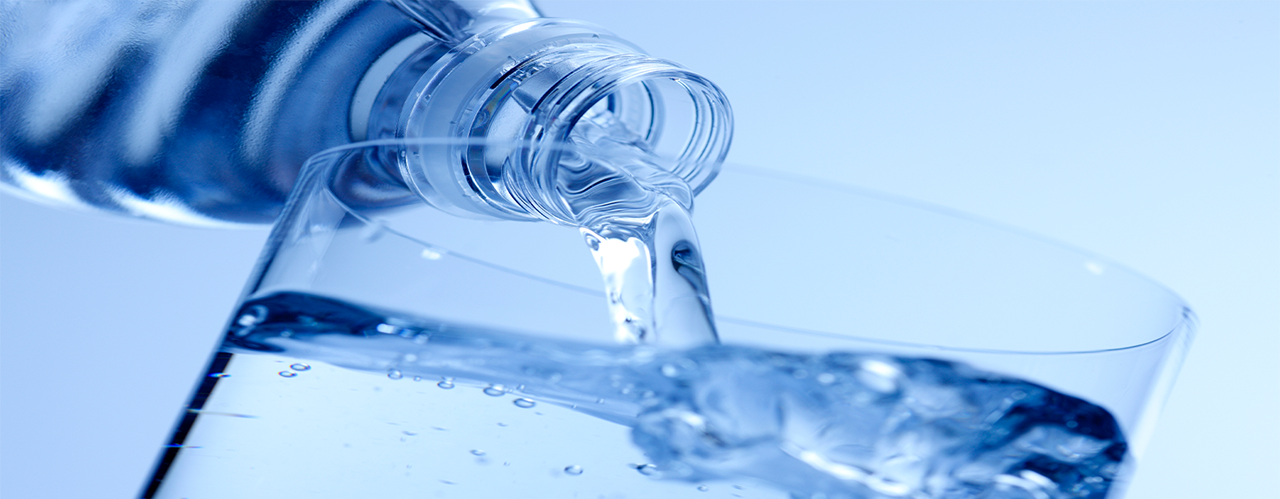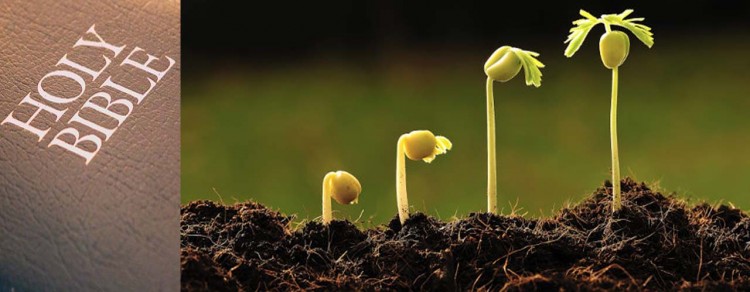Are you drinking the right kind of water? (iStock photo)
Lots of people walk around all day with their trusty water bottle in hand to make sure they stay hydrated. But many experts say they are actually making themselves more—not less—dehydrated.
How can this be?
It's because they are drinking water that is too acidic.
The solution is alkaline water, which is surging in popularity and has some people swearing that it has given them a new lease on life.
Alkaline water—water with a high pH either naturally or because of additives—helps neutralize excess acid in the body, a condition called acidosis. Among alternative practitioners, acidosis is thought to cause a host of health problems, the most common being constant tiredness and lack of energy.
The standard Western diet, which includes exposure to highly acidic water and food, has shifted our bodies' natural pH from an ideal level of slightly alkaline to an adverse level of slightly acidic.
"Most waters out there, either bottled or from the tap, are either acidic or are artificially adjusted in their pH by added compounds like chlorine," says Robert O. Young, co-author of The pH Miracle and other books.
According to Young and other holistic practitioners, no matter how much bottled and tap water a person drinks, it's possible to become increasingly dehydrated.
Young tells Newsmax Health that the earliest stage of acidosis is enervation or fatigue. "We start losing energy. We're tired. We're fatigued all the time."
In extreme cases, acidosis has been associated with body-wide inflammation, the formation of atherosclerotic plaques in coronary arteries, and the development of cancer.
The pH scale is a measurement of acidity or alkalinity. The scale runs from 0-14, with 0 as the most acidic, 7 as neutral, and 14 as most alkaline.
"The pH of our bodies is naturally alkaline at 7.367," Young says.
However, because we constantly consume unnaturally acidic drinks and foods, many of us have flipped our body chemistry to become acidic rather than slightly alkaline. This is where alkaline water can help.
One good source of alkaline water is spring water, which typically has a pH of 8 to 8.5 because it naturally acquires alkalizing minerals as it passes over rocks. When buying bottled water, look for those labeled "spring water."
Another option is to place one or two teaspoons of baking soda into an eight-ounce glass of distilled water and drink two such glasses daily, preferably between meals. If you drink this mixture during meals, you may reduce the effectiveness of your stomach acid and compromise digestion.
Young also recommends juicing chlorophyll-rich green fruits and vegetables such as avocados, cucumbers, green peppers, broccoli and spinach.
"These are foods that not only can help alkalize the blood and tissues but also build and structure stem cells," he says.
You also can alkalize your water by adding three drops of commercial alkaline concentrate to an eight-ounce glass of spring or distilled water.
One such product—AlkaZone Alkaline Booster Drops with Antioxidant—costs about $19 for a 1.2-ounce bottle, which contains about 200 servings. Alkaline concentrates are widely available at health-food stores and through Internet retailers.
Alkaline water, says Young, has both immediate and long-term health benefits:
- After 20 minutes: Improved mental clarity.
- After 24 hours: Increased energy.
- After 72 hours: Lifted mood and improved sleep.
- In four days: Increased exercise endurance.
- In one week: Decreased back pain.
- In two weeks: Decreased joint pain.
- In four weeks: Weight loss up to 10 pounds.
For the original article, visit newsmaxhealth.com.





